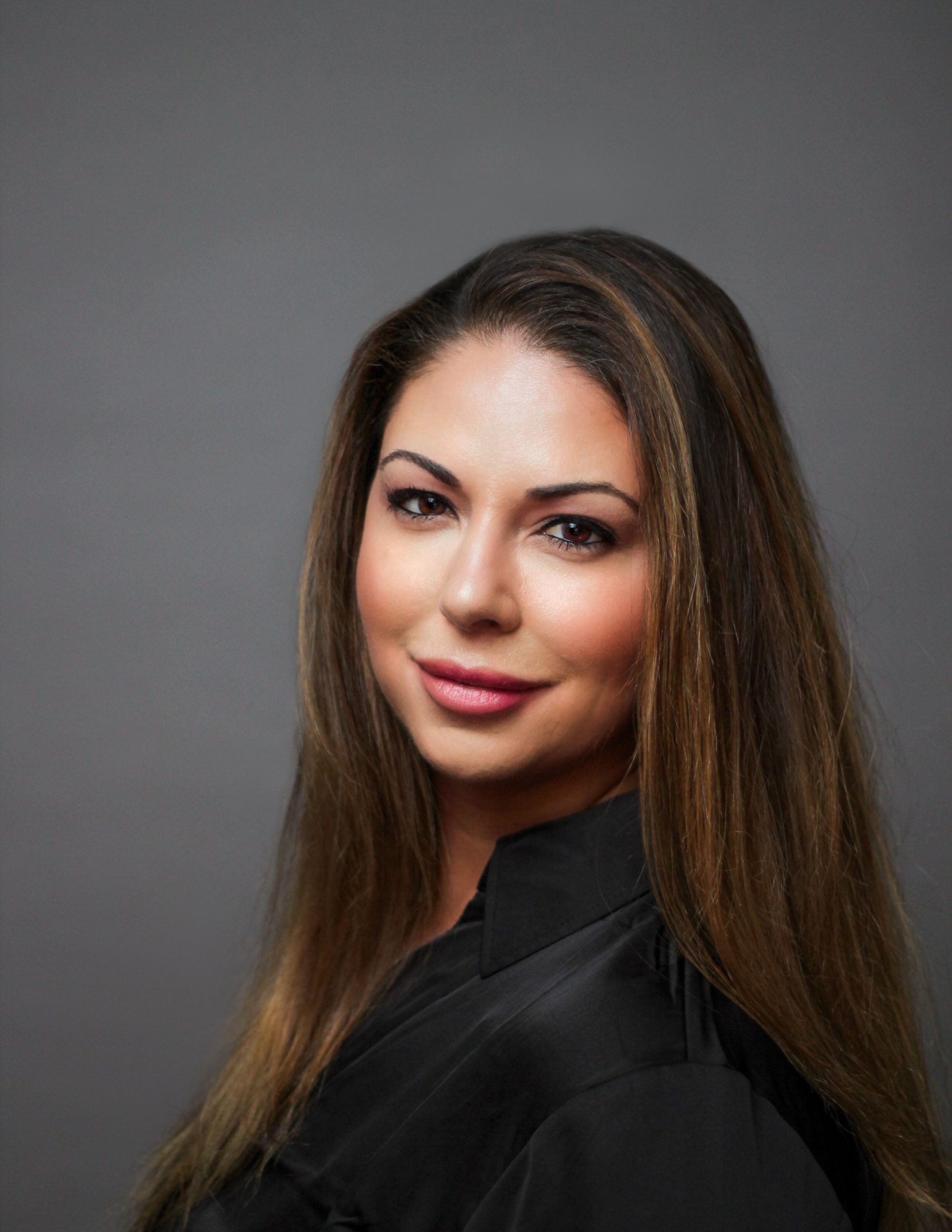Beaulieu receives Governor General’s Innovation Award for reconciliation work
Content warning: This post relates to residential schools. A reminder that the Indian Residential School Survivors Society has a 24 hour Crisis Line available at 1-866-925-4419.
Dr. Sarah Beaulieu, an anthropologist and assistant professor in the UFV School of Culture, Media, and Society, has been celebrated with a prestigious Governor General’s Innovation Award along with a team of 14 other scholars and researchers. Her exceptional contributions were recognized through her involvement with the Canadian Archaeological Association’s Working Group on Unmarked Graves (CAAWGUG).
The award highlights those who demonstrate entrepreneurial innovation aimed at enhancing the quality of life for Canadians. Established in 2021, the CAAWGUG works to address the documentation and respectful treatment of unmarked graves, especially within the context of Indigenous residential schools in Canada. The initiative responds to the tragic legacy of these schools and the need to identify and honour the missing children, ensuring culturally sensitive and scientifically sound practices as they find and preserve the sites. They take their cues from the Truth and Reconciliation Commission’s Calls to Action, and work toward them by following Indigenous protocols, ceremonies, and ways of knowing.
The team has received the Innovation Award for establishing nationally recognized standards of best practices for locating unmarked graves. Dr. Beaulieu supports the search with her expertise in ground-penetrating radar, which utilizes radio waves to see below the ground, and her expertise using dogs specially trained to detect historic human remains.
“The technologies that we are bringing in, often imported from other domains, require testing and methodological refinement prior to being applied to the search for the missing children. Historically, research has been conducted on, and not with and for, Indigenous communities,” says Dr. Beaulieu. “It’s important that residential schools are not turned into research sites. The research must take place prior to and outside of this context so that we can do a better job of serving communities looking for their children.”
In addition to receiving this group award, Dr. Beaulieu is part of a nation-wide team that was awarded a $1M grant from the Social Sciences and Humanities Research Council for a project titled, “Bringing the Children Home: Advancing Technology and Capacity for Locating and Commemorating Residential School Burial Landscapes.”
This five-year initiative is one of six partnership grants through the Reconciliation Network in Response to Call to Action 65 (RN CTA-65) and aims to document and improve scientific methods for identifying undocumented graves from Canada’s residential schools, a crucial step in the process of truth and reconciliation.
Dr. Beaulieu has been able to take this experiential learning back into her classroom. As a faculty associate in UFV’s Community Health and Social Innovation Hub, she gives students the opportunity to gain meaningful experience working alongside her in the field.
“This is the most important work that I will ever do,” she says. “I couldn’t do anything more meaningful with the skillsets that I’ve been fortunate enough to acquire, and I have a responsibility to share this knowledge and pay it forward.”
Dr. Beaulieu’s dedication and impact resonate profoundly within her community and beyond, embodying a heartfelt commitment to justice and reconciliation.






